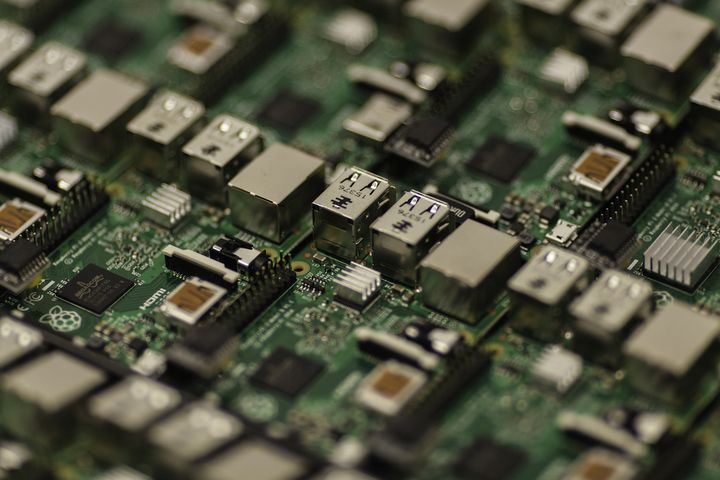
If you're a fan of Star Trek, you're familiar with the tricorder – the little medical device, used by Bones, Beverly Crusher, and other doctors, that can analyze a person's body and tell you exactly what's wrong with them, in just a few seconds and with some cute noises.
If you think that a device like this is hundreds of years away, you probably don't know about the Qualcomm Tricorder XPRIZE, a $10 million global incentive competition to create an actual tricorder. The contest began in 2012, and was recently extended to last until early 2017, when the winner will be announced. There are currently 7 finalist teams in the running, composed in large part by physicians and tech wizards.
The contest requirements set the bar pretty high. The tricorder won't be able to diagnose any illness under the sun, but it will need to meet the following guidelines, among others:
- Monitor 5 real-time health vital signs, like blood pressure, respiratory rate, and temperature
- Accurately diagnose 13 health conditions (12 diseases, along with the absence of these diseases)
- Weigh no more than 5 pounds
- Have a way to store and share data, which is accessible via the Internet
- Provide a compelling consumer experience that doesn't require a health care worker or facility to use
Other than that, the teams are pretty much left on their own to decide how the device will look and act. It can be composed of one or several parts, have a screen or no screen, etc. The FDA (Food and Drug Administration) is assisting the teams, providing advice on how to prepare for FDA inspection if they win the contest and their product goes to market.
The conditions to be tested include pneumonia, sleep apnea, urinary tract infection, and hypertension, as well as cholesterol and HIV screens. The fact that the tricorder tests for the absence of disease is just as important – you want to know that your cough isn't a symptom of pneumonia, or that a certain blemish isn't melanoma. You can check out the full list of conditions and vital signs here.
One of the biggest advantages of having a tricorder like this is the ability for people to receive high-quality medical care without needing to have an actual physician present. It would put more power in the hands of the average consumer, letting them gain insight into their own medical condition without having to go through a trained professional. This would be a step forward in personalized healthcare.
If it all still sounds like science fiction to you, take a few moments to watch a presentation by some of the finalist teams. You can hear them talk about their progress, what they think of the contest, and how they feel about the need for smarter tech in the healthcare industry.
The Final Round of the contest will begin in September 2016 in San Diego, and includes a phase of consumer testing. The tricorders designed by the finalists will need to diagnose conditions in at least 20 people, as well as vital signs. They also need to show proof of adequate high-frequency data logging, and provide a good user experience. Up to 3 winners will be chosen who best meet the criteria and perform the best in these tests.
Do you want to help out in the final round of tricorder testing? If you live in the San Diego area, take a look at how you can enroll to be a consumer testing participant.
The XPRIZE Foundation incentivizes the world to come up with big solutions to big problems (HeroX is an offshoot, designed to help tackle smaller, more local problems). Check out another great healthcare competition, hosted here on HeroX: the CHIME National Patient ID Challenge, a contest to design a system that ensures 100% accuracy of patient health data. The challenge is currently in the judging stage, so keep an eye out to see what happens next!








